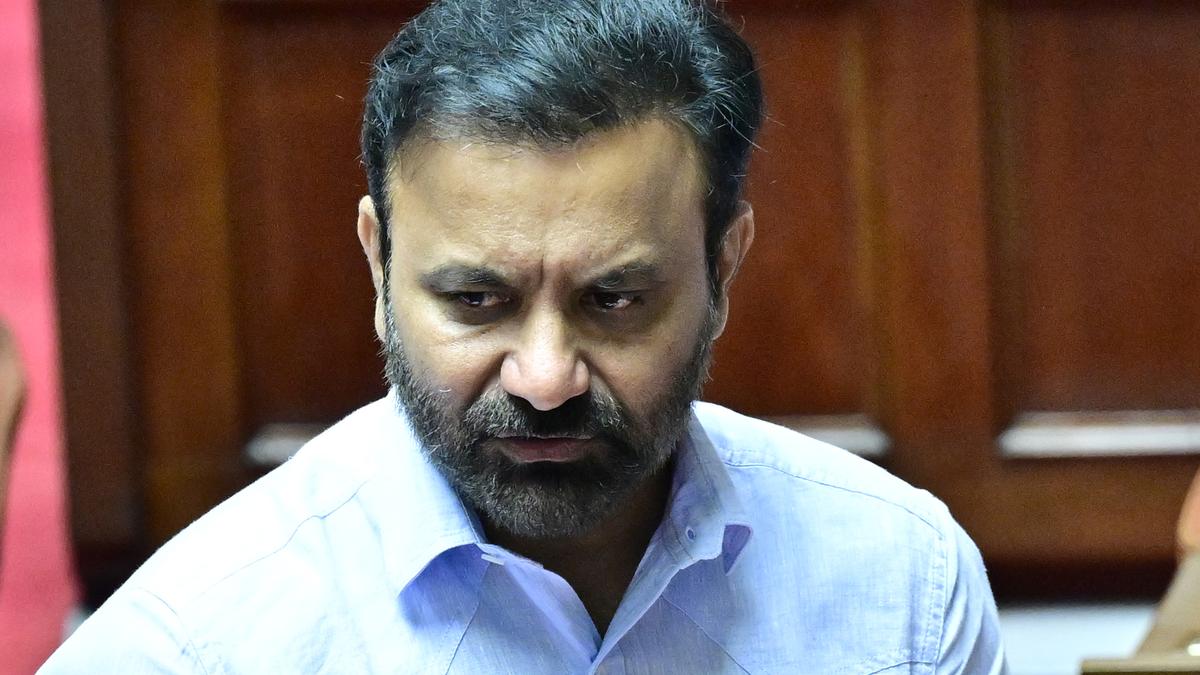Business
Nasscom Opposes Karnataka’s Proposed 14-Hour Workday for IT Sector

In a significant development for the information technology sector, the National Association of Software and Services Companies (Nasscom) has voiced its opposition to a proposal from the Karnataka state government that suggests extending the daily working hours for IT workers to 14. This decision has drawn sharp criticism from IT labor unions across the region.
The contentious proposal is part of the ‘Karnataka Shops and Commercial Establishments (Amendment) Bill 2024’ which aims to revise the existing labor regulations. Currently, the Karnataka Shops and Commercial Establishment Act restricts the maximum work hours to 10 per day, including overtime. However, the new amendment seeks to remove this limitation altogether, paving the way for companies to operate under a potential 14-hour workday framework.
Labor unions have rallied against this proposed amendment during discussions held by the state’s labor department. They argue that such a drastic extension of working hours would be detrimental not just to individual well-being but also to the collective morale of approximately two million workers employed in the IT sector throughout Karnataka.
Nasscom clarified its stance through Ashish Aggarwal, the organization’s vice-president and head of Public Policy. He stated, “As Nasscom, we have not requested a 14-hour workday limit or a 70-hour work week. We are unaware of the specifics of the Bill amidst the uncertainties. We maintain our support for a standard 48-hour work week that aligns with national norms.”
Aggarwal elaborated by stating that the association is seeking discussions with state and central government authorities to create room for flexibility within the existing 48-hour structure. This flexibility, according to him, would be particularly beneficial for companies managing operations across India. He added that discussions had been held with the IT department in the past but acknowledged that there had been no dialogue regarding this issue with the labor department.
The protests from IT labor unions have intensified in response to this proposal, which they are labeling as ‘inhuman.’ Representatives from the Karnataka State IT/ITeS Employees Union, or KITU, have made their concerns clear in a meeting with labor minister Santosh Lad. They expressed worries that this amendment would allow companies to implement a two-shift system, thereby resulting in the potential layoffs of a substantial portion of their workforce.
KITU general secretary Suhas Adiga highlighted the perilous implications of extended working hours, referencing studies showcasing the health consequences that IT employees already face due to existing workloads. According to reports from the Karnataka Chamber of Commerce and Industry (KCCI), nearly 45% of IT sector employees are reported to be grappling with mental health issues, including depression, while 55% are enduring physical health complications. The labor unions warn that increasing work hours will only exacerbate these challenges.
Furthermore, research from the World Health Organization (WHO) and the International Labour Organization (ILO) confirms the severe health risks associated with long working hours. The union flagged that extended working hours can correlate with a 35% higher risk of fatal stroke and a 17% increased risk of death stemming from ischemic heart disease.
This resistance against the proposed amendment comes in the wake of previous controversies surrounding labor laws in the state. A draft bill aimed at reserving job quotas for local individuals in Karnataka was recently shelved following backlash from industry stakeholders, highlighting the sensitivity of labor-related proposals in the current economic and political climate.
The overall sentiment in the sector remains one of caution with many industry leaders and employees advocating for healthier work-life balance standards. The ongoing discussions between the government and representatives of the IT sector will likely shape the future labor landscape in Karnataka.












